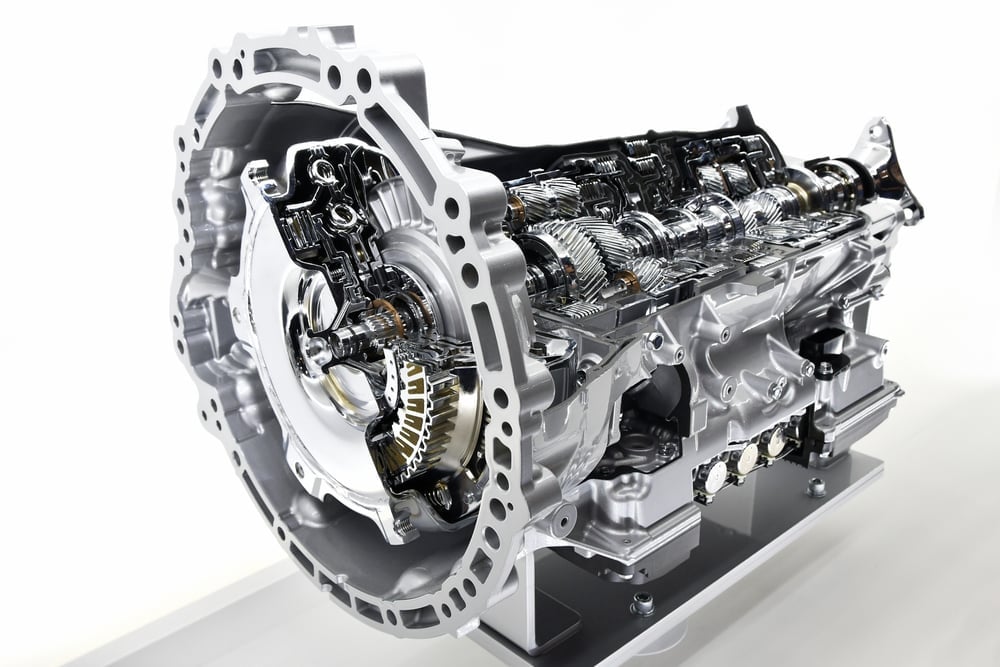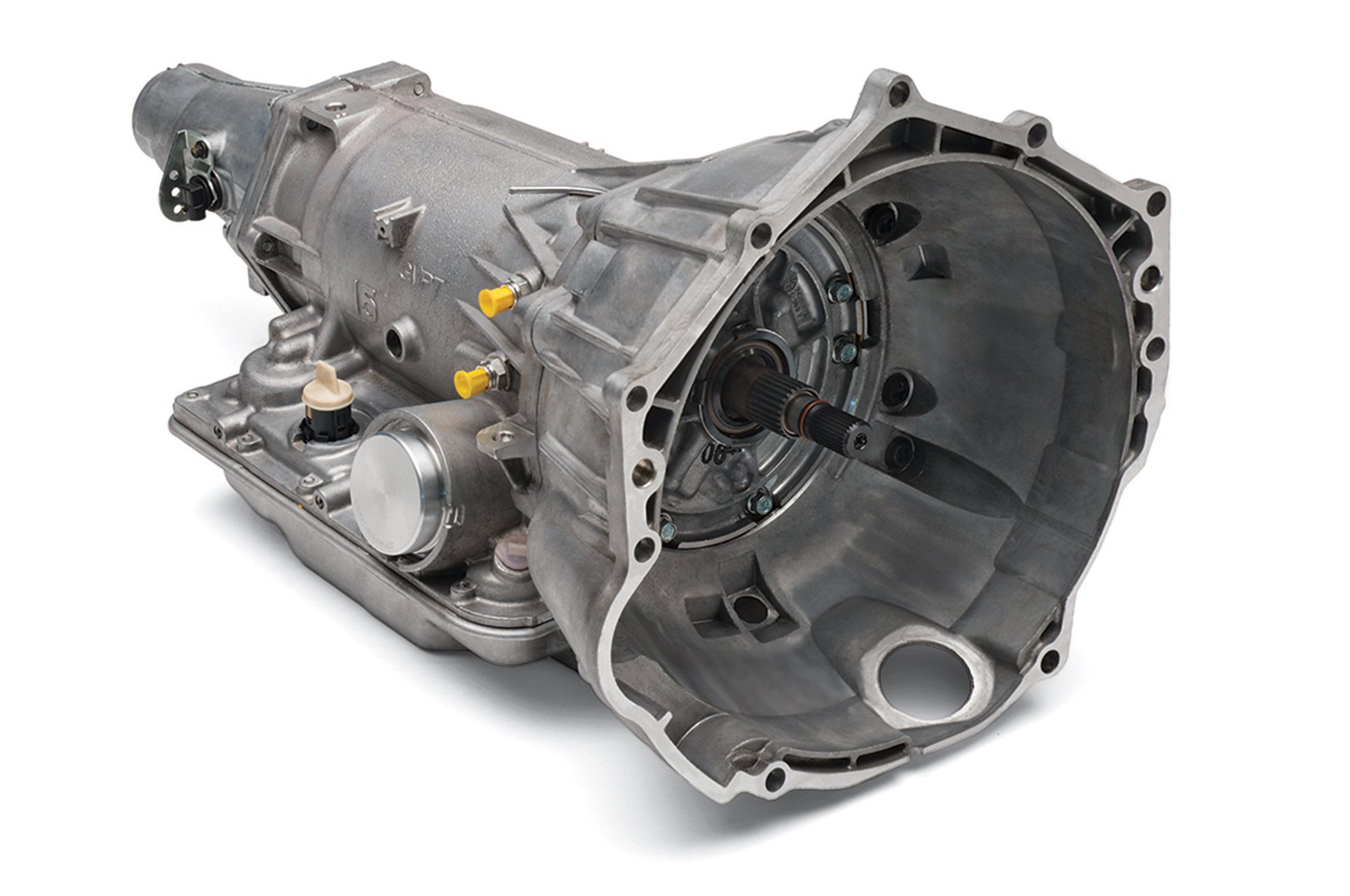

In Argentina, the Turbo Hydra-Matic was available on some models of the 1969-1978 Chevrolet "Chevy," essentially the 1968 U.S. A third variant was the light-duty rear wheel drive Turbo-Hydramatic 180 used in many European models. The basic rear-wheel drive Turbo-Hydramatic spawned two front-wheel drive variants, the transverse Turbo-Hydramatic 125, and the longitudinal Turbo-Hydramatic 425. The Turbo-Hydramatic was used by all GM divisions, and formed the basis for the company's modern Hydramatic line.
TempestTorque, ( Pontiac) a two speed based on Powerglide, but having the added feature of " Split Torque " dividing the engine power between mechanical connection and the torque converter in high gear. 1956-1964 4 speed Controlled coupling HydraMatic, also known as Cadillac 315 or P 315 HydraMatic, Oldsmobile Jetaway, Pontiac Super HydraMatic.  1968–1969 Torquedrive - Chevrolet (manually column shifted 2 speed automatic, 6 cyl only). 1964–1969 Super Turbine 300 - Buick/ Oldsmobile/ Pontiac (Oldsmobile Jetaway). 1961–1964 Roto Hydramatic - Oldsmobile/ Pontiac (also used by Holden, Vauxhall and Opel). 1961–1963 Dual Path Turbine Drive - Buick. 1957–1961 Turboglide - Chevrolet (V8 models only, except Corvette). 1968-1971 Torquedrive- Chevrolet ( Camaro and Chevy II, Nova. 1950–1973 Powerglide - Chevrolet (also used by Pontiac, Holden, Vauxhall and Opel). 1940–1967 Hydra-Matic - Oldsmobile (now the trade name for all GM automatic transmissions). All of GM's early automatic transmissions were replaced by variants of the Turbo-Hydramatic by the 1970s. Through the 1950s, all makers were working on their own automatic transmission, with four more developed inside GM alone.
1968–1969 Torquedrive - Chevrolet (manually column shifted 2 speed automatic, 6 cyl only). 1964–1969 Super Turbine 300 - Buick/ Oldsmobile/ Pontiac (Oldsmobile Jetaway). 1961–1964 Roto Hydramatic - Oldsmobile/ Pontiac (also used by Holden, Vauxhall and Opel). 1961–1963 Dual Path Turbine Drive - Buick. 1957–1961 Turboglide - Chevrolet (V8 models only, except Corvette). 1968-1971 Torquedrive- Chevrolet ( Camaro and Chevy II, Nova. 1950–1973 Powerglide - Chevrolet (also used by Pontiac, Holden, Vauxhall and Opel). 1940–1967 Hydra-Matic - Oldsmobile (now the trade name for all GM automatic transmissions). All of GM's early automatic transmissions were replaced by variants of the Turbo-Hydramatic by the 1970s. Through the 1950s, all makers were working on their own automatic transmission, with four more developed inside GM alone. 
The GM Hydra-Matic was a success and installed in the majority of GM models by 1950.







 0 kommentar(er)
0 kommentar(er)
